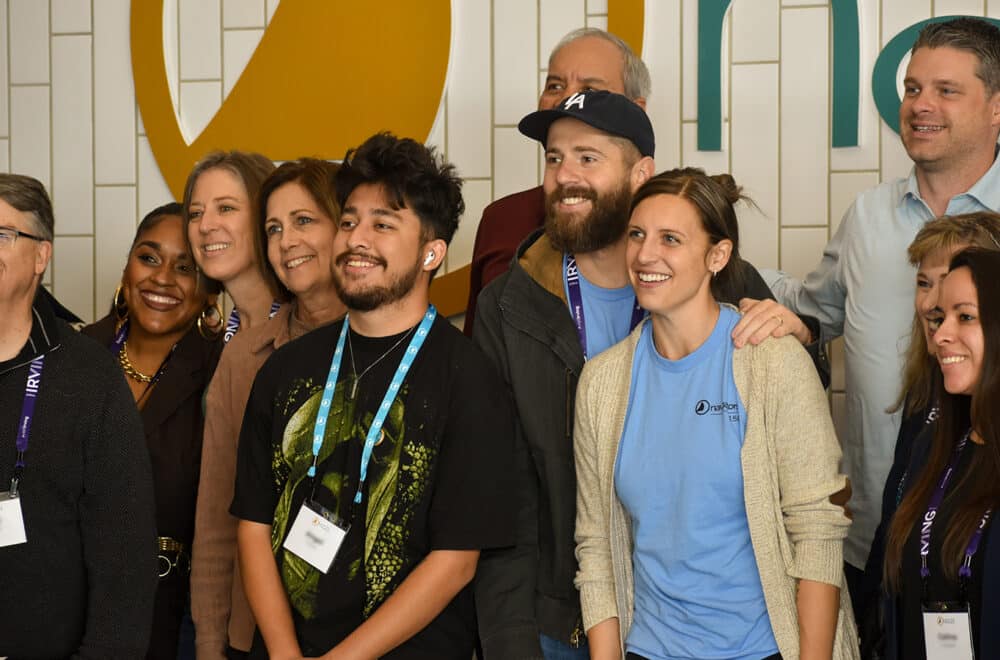Dallas Willard was a professor in the School of Philosophy at the University of Southern California in Los Angeles from 1965 to 2012. He was the author of numerous books, including The Divine Conspiracy, Renovation of the Heart, and The Great Omission. He passed away in 2013. In this classic interview, Willard talks about what it means to stay committed to discipleship, living as Jesus did every day.

Q: In The Divine Conspiracy, you say that many have misunderstood what it means to be Christ’s disciple. What’s wrong with the prevailing understanding of the Christian life?
Churches today are full of people who haven’t been invited to become disciples. Being a Christian has come to mean going to church and being saved when you die. The ministry of the church is given over to “making the final cut” and solving problems (marital problems, pain and suffering), not to discipleship.
In the New Testament, discipleship means being an apprentice of Jesus in our daily existence. A disciple is simply someone who has decided to be with another person, under appropriate conditions, in order to learn to do what that person does, or to become what that person is.
What does Jesus do that I can be discipled to do? The answer is found in the Gospels: He lives in the Kingdom of God, and He applies that Kingdom for the good of others and even makes it possible for them to enter it.
Q: What does this kind of discipleship look like in everyday life?
You stay attentive to what you’re doing at the moment. My main role in life, for example, is teaching in a university. As Jesus’ apprentice, I constantly ask myself how He would deal with students and colleagues. How would He design a course, and why? How would He compose a test, administer it, and grade it? What would His research projects be, and why?
That was the teaching of the New Testament: “Whatever you do, whether in word or deed, do it all in the name of the Lord Jesus” (Colossians 3:17). Discipleship involves doing everything as if Jesus were doing it. As disciples, we say, “Yes, I will learn to do all the things that Jesus said to do.” That’s when we become His students. Through this process we learn things we never thought about. We build lives that are not just ours, but God’s as well.
Q: How does this training process affect our inner lives?
Discipleship focuses on the inner self, which consists of our ideas, beliefs, and emotions. Character grows out of our inner lives, and it governs what we think and feel. As our character is transformed, our behavior is transformed as well. Our character, for example, may not be to love our enemies. But the character of God is to love them. As our thoughts and feelings are conformed to Christ’s, the loving of enemies takes care of itself. The person “who hears these words of mine and puts them into practice” (Matthew 7:24) has first been changed inwardly in his thinking and feeling. That’s why Jesus said the good tree cannot bring forth bad fruit (see Matthew 7:17-20, 12:33-35). The point of training yourself by practicing certain habits is to renew the inner person and to make the tree inwardly good.
Q: Why are solitude and silence so basic for discipleship?
The mind and feelings are transformed through a process of training—which is where the spiritual disciplines come in. They teach us an inner posture of not having to have our way, which relieves us of one of our greatest burdens. Solitude, for example, is a wrenching experience for most people. Solitude is difficult because it exposes the illusion of our self-importance. It can be terribly threatening to be silent, or to not have the last word in a conversation.
Solitude and silence are means of being with God. They form a context for listening and speaking to Him. God will not compete for our attention. God waits us out. He has certain purposes that He’s going to accomplish. How do we fit in? What choices will we make about our lives? The tempting choice is to work, work, work, talk, talk, talk.
Solitude and silence train us to let go of thinking we have so much we “have to do”—that’s a dangerous phrase. There’s very little that I have to do, and those things generally apply to my personal relationships. I realize this by going into solitude and silence.
Q: What do we focus on during these solitary times?
If we want to be disciples, we should ask Jesus to reveal Himself to us. To see Jesus clearly, we need to fill our souls with the written Gospel. Without the help of the written Gospel, our minds are filled with junk. Our character and actions are confused, befuddled, and dissipated. That’s where most people live. They drag into church confused and scattered, hoping to have a rousing service to pump them up and get them through the next week. Then they’ll need another charge. The way to redeem this cycle is to give the mind an intensive bath in the Word of God.
Through the written Gospel, Jesus reveals Himself. As we deal with people, we can imitate what we’ve read and pondered—for example, the striking quality of Jesus’ generosity. He gave time and attention to people, whether they were lepers, Roman centurions, or rich Jewish kids who knew everything. He was absolutely generous that way. He didn’t have to touch lepers to heal them, but He did. Reflect on scenes like these from the Gospels through journaling, meditation, or talking with a spiritual friend. Put into practice what God gives you in these times. This is how we experience the reality of the Kingdom of God.
Interview by Jan Johnson, a writer, speaker and spiritual director with degrees in Christian education and spirituality.
D! Excerpted from Discipleship Journal, Issue 107, September 1998. Used by permission of NavPress.




I’m grateful to the Navigators for publishing this conversation with Dallas Willard on Discipleship. I believe church history will point to Dr. Willard as having C.S. Lewis-like impact on deepening Christ followers’ understanding of discipleship, spiritual formation, and life in the Kingdom of God here and now as well as beyond the grave. We could have so much more impact on society with Gospel-led transformed hearts that spoke unconditional love through our actions and words. Dallas has had a profound impact on my personal understanding and growth in that direction.
The walk of a disciple as you describe is my desire and Navigators has helped me much through the years. Our ministry in Kenya was founded on Matt.28:19-20 and today we are intentionally fulfilling that mandate. Thank you for staying the course which has helped us stay the course. Continue until He comes!